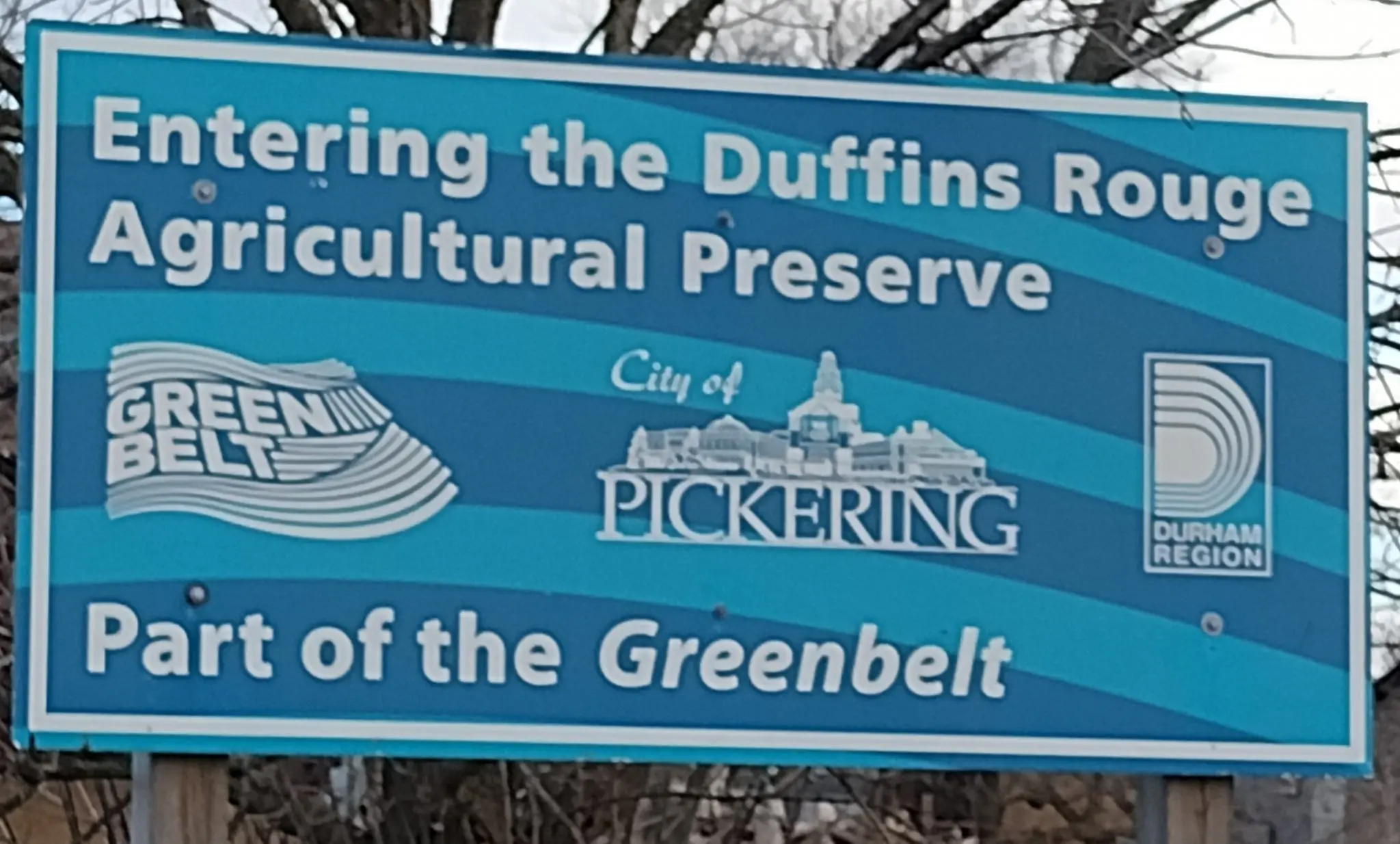Whitby asks Ontario to abandon Greenbelt development plan
Published August 14, 2023 at 3:52 pm

Whitby Mayor Elizabeth Roy has called on the Ontario government to abandon its plan to develop Greenbelt lands after an Auditor General report found their process biased, preferential to certain developers and of minimal benefit to the province’s housing goals.
After years of assurances his government would not change the Greenbelt borders, Premier Doug Ford and Housing Minister Steve Clark announced last fall that 15 parcels of land would be swapped out for development. Ford and Clark argued this was the only way to alleviate the ongoing housing affordability crisis and meet their goal for new construction.
The move sparked significant controversy and the opposition NDP demanded an Auditor General investigate the land swap. The report was made public last week and found sweeping problems with the government’s site selection process. All but one of the 15 plots set for removal were given to Clark’s Chief of Staff Ryan Amato by developers.
On one such occasion, Amato attended a Building Industry and Land Development (BILD) dinner where he was seated with developers. The report does not name the developers at the table, but Amato received a package with a request to remove land from Pickering Duffins Rouge Agricultural Preserve (DRAP).
Much of the DRAP lands are owned by Silvio DeGasperis of the TACC group, who bought up the lands prior to the establishment of the Greenbelt and DRAP in the early 2000s. Given restrictions dictating that the land could only be sold for agricultural or conservation purposes, the lands will greatly multiply in value if development is permitted.
Of the $8.3 billion increase in land value across the removed Greenbelt lands, more than $6 billion worth is in the DRAP alone. The Ford government also had to appeal the act that established the DRAP to free the land up for development, which they did the day after announcing the changed borders.
DeGasperis fought the Auditor General’s summons for an interview about the land swap. Amato participated and said the same owner of the DRAP also requested sites in Hamilton, Richmond Hill and Vaughan, which collectively make up 92 per cent of the removed land. The DRAP lands alone make up 58 per cent of the total land removal
The removal has provoked backlash from local political leaders, including Pickering Mayor Kevin Ashe, who called out the province for “subsidizing private interests.” While Ashe has long been a proponent of development, he said the swap and report bought out “a number of concerns.”
“Pickering needs be made whole and any future development of these lands must pay for itself,” he said. “Bold action is needed to get the issues of housing affordability and attainability under control, but it has to be done the right way.”
Roy echoed Ashe’s comments the following Monday. “I share the concerns raised by mayors and councillors across Ontario as well as many residents and advocacy groups following the release of the Auditor General’s special report on changes to the Greenbelt boundaries.”
The land removal “poses an environmental and agricultural threat and will not meaningfully contribute to meeting Ontario’s pressing housing needs.” She called on the government to abolish the plan and instead focus its efforts on local infrastructure.
She cited the Whitby Hospital, which has seen its development stall over recent months. Lakeridge Health chose Whitby as the site of a new hospital back in January 2022, but no new moves have been made toward construction since. The hospital is planned to host the only trauma centre between Toronto and Kingston, in addition to a neo-natal ward.
The necessary provincial funding for the hospital was absent from Finance Minister Peter Bethlenfalvy’s 2023 Ontario budget and as of the last update in May, Roy was still requesting a meeting with Ford.
“Whitby continues to face significant infrastructure gaps, including the need for a new hospital and additional family physicians, and mental health supports,” Roy said, “It is critical that the Government of Ontario address these gaps alongside initiatives to increase the housing supply.”
“It is encouraging that the provincial government will accept and implement the majority of the recommendations outlined in the Auditor General’s report,” she continued, “However, this situation highlights the need to carefully and transparently consider the environmental, agricultural, and financial impacts of development and follow established best practices for land use planning.”
Ford and Clark have taken responsibility for what they called a “flawed” process but have indicated they will stick with the planned removal. However, the report and the Province’s own Greenbelt task force found Ontario could meet its housing goals without Greenbelt lands.
With files from Glenn Hendry and Karen Longwell.
INdurham's Editorial Standards and Policies




